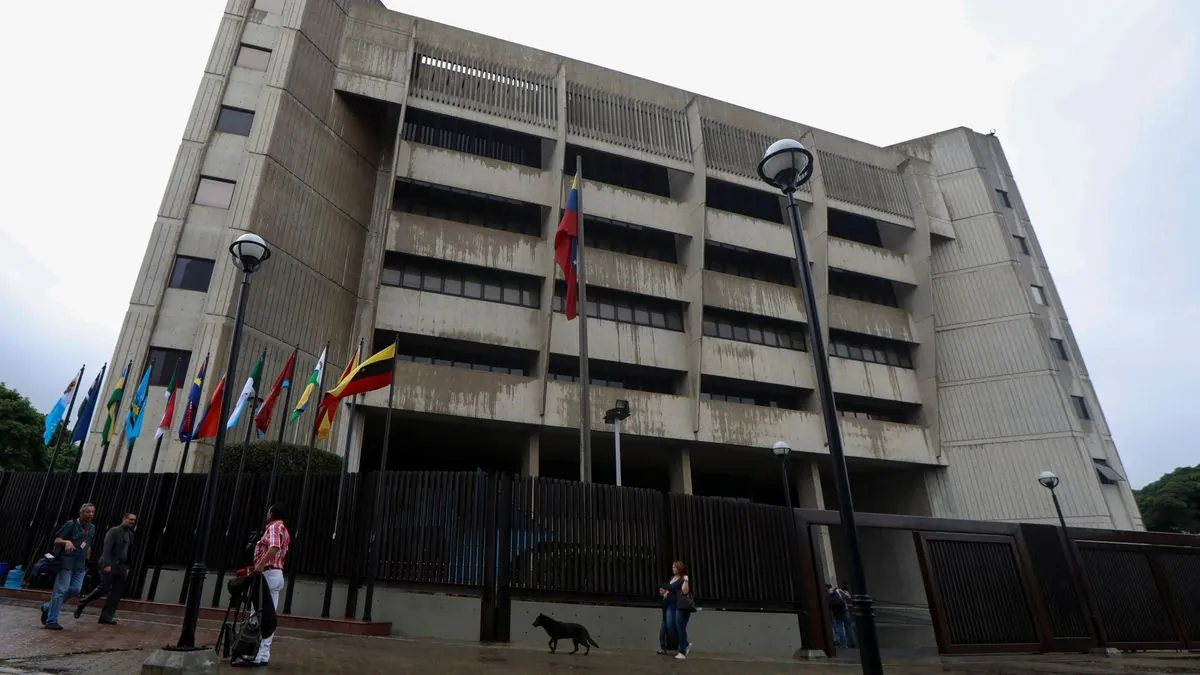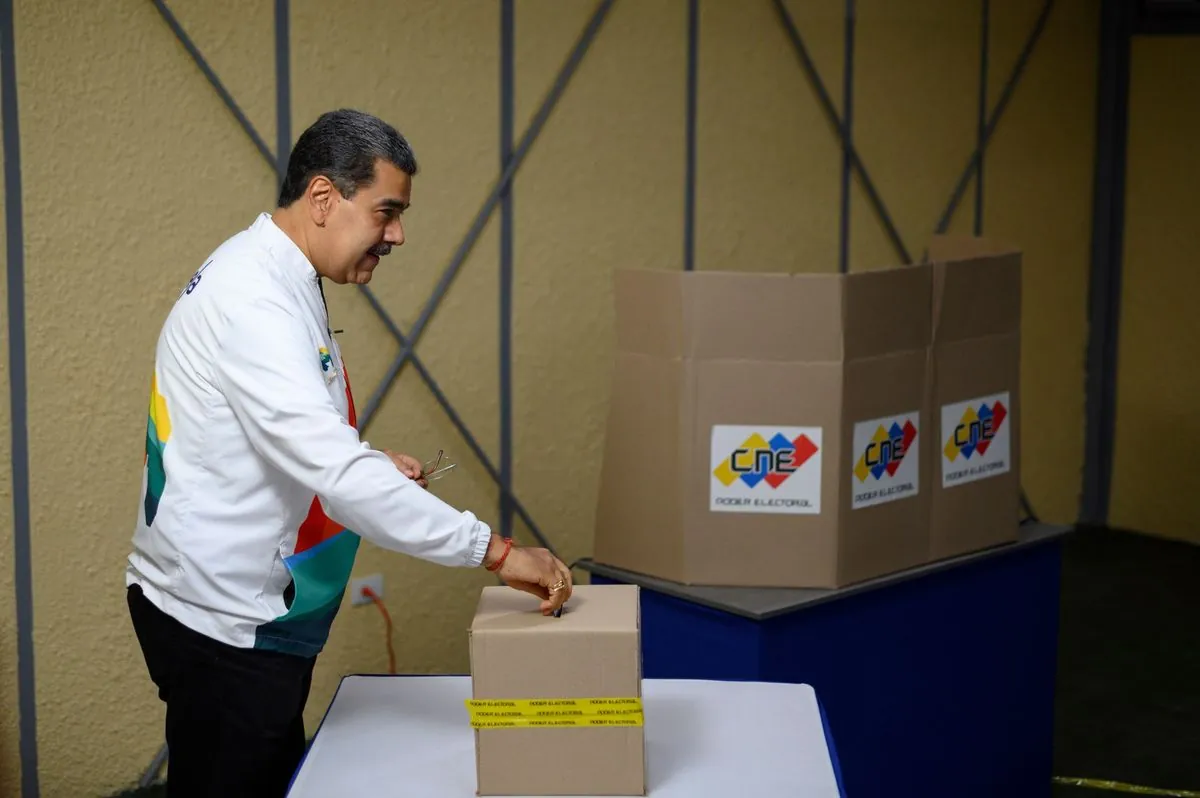Venezuela's Supreme Court Declares No Opposition Evidence in Disputed Election
Venezuela's supreme court announced it received no evidence from the opposition regarding the contested July 28 presidential election. The court warned its upcoming ruling would be final and mandatory.

In a recent development concerning Venezuela's disputed presidential election, the nation's supreme court has stated that it has not received any electoral evidence from the opposition coalition. This announcement comes amid ongoing controversy surrounding the July 28 election results.
Nicolas Maduro, the incumbent president, was declared the winner by Venezuela's electoral authority. However, the opposition contends that their candidate, Edmundo Gonzalez, secured victory. The electoral body, which the opposition claims favors Maduro, has yet to release a detailed vote tally. Notably, the authority's website has been inaccessible since July 29, 2024.
In response to the situation, the opposition has published its own ballot count online, asserting that Gonzalez received twice the number of votes as Maduro. This discrepancy has fueled tensions in a country already grappling with significant economic challenges.

Venezuela's voting system employs machines that generate three copies of voting records: one for the electoral authority, one for the ruling party, and one for the challenger. This process is designed to ensure transparency and accuracy in the electoral process.
Last week, Maduro appealed to the supreme court to verify the election results. The court subsequently summoned all candidates who had participated in the election. However, Gonzalez did not attend, citing concerns about potential arrest.
Chief Justice Caryslia Rodriguez informed journalists and diplomats that while the court had received vote counts from Maduro and the electoral body, the opposition coalition, known as the Unitary Platform, did not submit any electoral material. Rodriguez emphasized that once the election investigation concludes, the court's ruling will be "unappealable and compliance will be mandatory."
The situation has drawn international attention, with Brazil, Colombia, and Mexico issuing a joint statement urging Venezuela's electoral body to publicly present a detailed vote count. These nations, along with others including the United States, have expressed skepticism regarding Maduro's claimed victory. Conversely, allies such as Russia and China have extended their congratulations to Maduro.
This electoral dispute unfolds against the backdrop of Venezuela's complex political and economic landscape. The country, home to the world's largest proven oil reserves, has been grappling with a severe economic crisis since 2013, characterized by hyperinflation and shortages of essential goods. Despite these challenges, Venezuela boasts a high literacy rate of over 95%, one of the highest in South America.
As the nation awaits the supreme court's final ruling, the outcome of this electoral controversy will likely have significant implications for Venezuela's political future and its relationships with the international community.


































